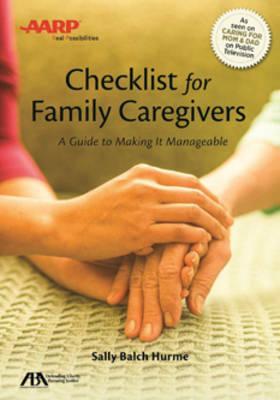
If you are looking for a way to make extra money while caring for a loved one, you may want to consider applying for paid family caregiver programs. California offers several programs to help family members care for an elderly or disabled loved one. However, in order to become a paid caregiver, you will need to meet specific eligibility requirements.
You can get paid to be a caregiver for your family
California offers many different ways to receive financial assistance to help an elderly relative or a disabled family member. While some programs pay for non-medical care, others do not. Eligibility depends on marital status, income, and insurance. A person's blood relationship to the care recipient is an important factor. In some cases, caregivers programs may pay only certain family members. In others, they may ban all family members.
In California, caregivers can apply for government funding through the Family and Medical Leave Act. This program was started in the 1950s for people who cannot care for themselves. To qualify, participants must have monthly income of $877 or less and assets of no more than two thousand dollars. They can be close friends or family members, but must also have documentation from a healthcare provider that documents the caregiving services.

Tax deductions for caregivers
Tax deductions for caregivers in California are available for those who provide unpaid care to family members with a chronic illness or other health condition. Family caregivers typically spend $7,000 each year caring to a loved person. This represents 20% of their income. Many caregivers view the expenses as a labor of love, but some may be eligible for tax benefits. David Woods is a Pacific Beach tax preparer and an enrolled agent with IRS.
Tax deductions for caregivers in California can be as high as $500 for the 2017 tax year. You may also be eligible to deduct medical expenses as part of your caregiver wages, provided you provide services that are approved by a licensed healthcare provider. To take advantage of these deductions, you must itemize your deductions.
Medi-Cal program pays
Medicaid states offer a variety of programs to help family caregivers get financial and respite assistance. The amount offered will vary from one state to another. To apply, caregivers must contact the eligibility office of the state in which they live. Some states offer self directed Medicaid programs. These programs offer family caregivers greater freedom and flexibility in managing finances.
Medicaid not only pays caregivers but also reimburses families for elderly relatives who provide care. These programs are available to low-income families who need assistance with home care for their elderly loved ones. To find the right solution, caregivers need to be honest about their finances. Cash payments to relatives may impact an individual's eligibility for Medicaid benefits. Therefore, caregivers should contact their state Medicaid agency for more information.

Long-term insurance that includes caregiver payment
Long-term Care Insurance policies are a great option for those who worry about the rising cost of elder care. It can help you pay for the home care you require. This policy may cover you for the cost of in home care while still protecting your independence.
It is important to know that long-term healthcare insurance may not cover costs for medical care. This can prove costly. It may also not pay for the care provided by family members. This is because long-term care policies usually include an elimination period. The exclusion period may last for up to 90 days. You can speak with a tax advisor or a Medicaid planner to get more information about your long-term insurance policy.